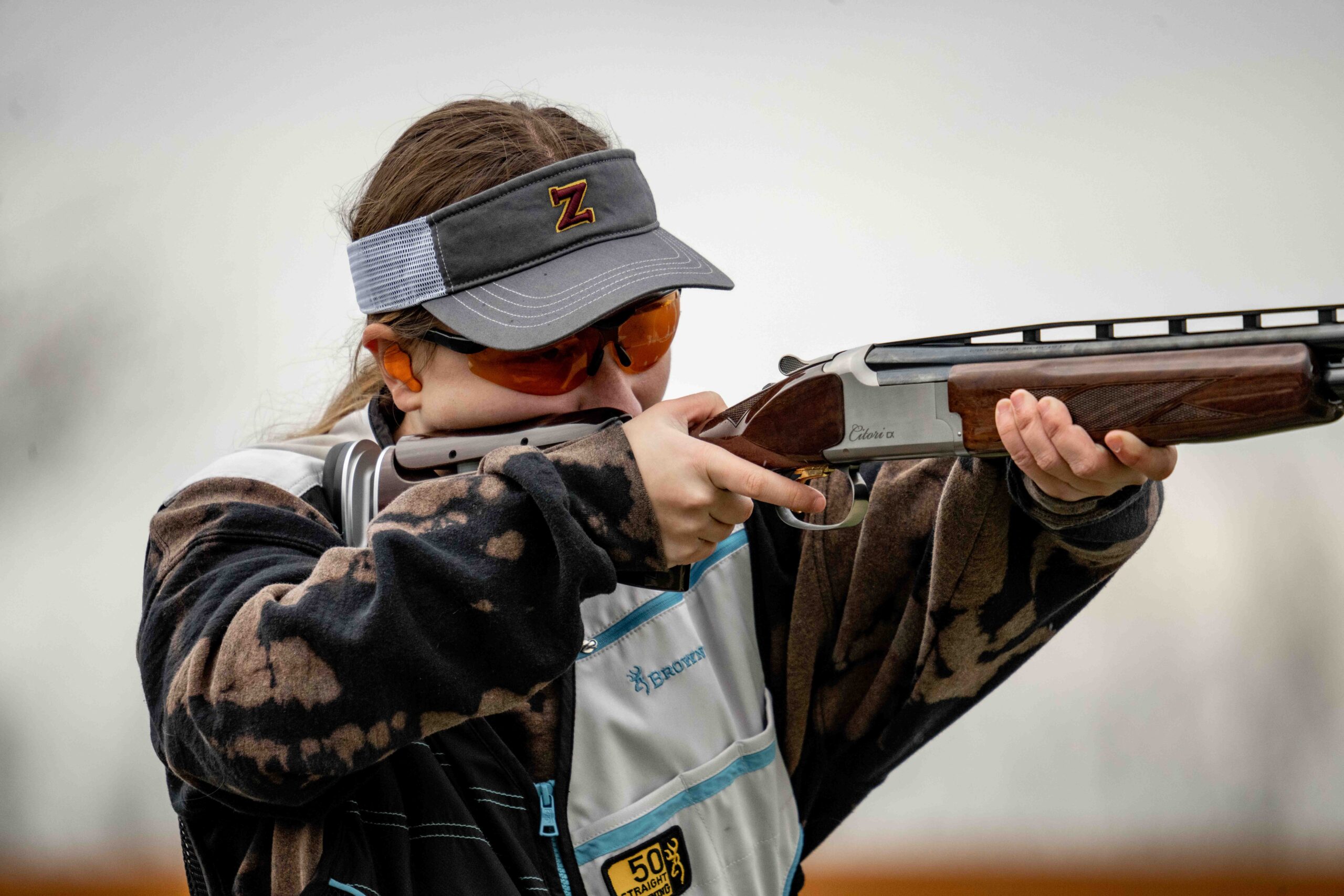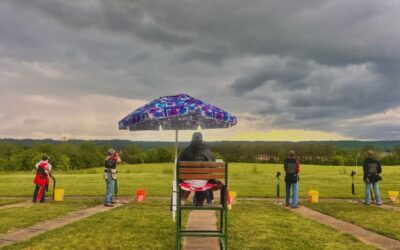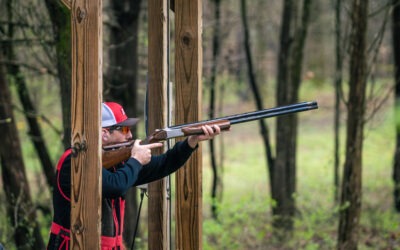Looking toward the future can be exciting, but it often comes with uncertainty—especially when wanting to compete in collegiate shooting sports.
At Tennessee Scholastic Clay Target Program (SCTP), we’re committed to helping athletes succeed in both their academic and athletic journeys. Whether you’re set on shooting at the collegiate level or just exploring your options, these tips will simplify the process and prepare you for what’s ahead.
Start Journaling
Journaling is something we strongly encourage at Tennessee SCTP because of its benefits for any athlete, regardless of their future plans. Not only is it a powerful tool that enhances your mental game in shooting sports, but it also serves as a valuable resource during the college application process.
Coaches value a well-maintained journal because it showcases your dedication to personal improvement and commitment to the sport. By including notes from past competitions, records of scores, and reflections on your growth, you provide coaches with a thorough view of your journey. This type of documentation highlights your work ethic and gives you an edge over others.
Consider a Few Factors
It’s important to narrow down your school options to avoid feeling overwhelmed. Start by thinking through these key factors:
- Location: What state or region do you want to live in?
- Distance from Home: How far from home are you comfortable being?
- School Size: Do you prefer a large university or a smaller college?
- Major: What do you plan on studying?
Answering these questions will guide your search and help you focus on schools that best fit your personal preferences.
Research Schools and Teams
With your priorities clear, it’s time to start researching colleges and their shooting teams. We have a comprehensive list on our website, but another great resource is the ACUI Clay Target team directory. As you determine which schools match your criteria, consider the following aspects of the teams:
- How many athletes are on the team?
- How many competitions does the team attend each year?
- What does the team provide its athletes (practice targets, ammunition, competition fees, travel expenses, etc.)?
- Does the school offer athletic scholarships for shooting sports or only academic scholarships? If both, can the scholarships be stacked?
- How often does the team practice, and how close is the practice facility to campus?
- What type of coaching is available to the athletes?
Equipped with this information, you can make informed decisions about the schools and teams that align with your athletic and academic goals.
Build a Shooting Resume
Creating a shooting resume is crucial for making a strong impression on college coaches. It should include all the information a coach might want to know about you, such as:
- Name and contact information
- High school and graduation date
- GPA
- ACT/SAT score(s)
- Shooting awards and accomplishments
- NSCA, NSSA, ATA, USA Shooting Membership ID, and relevant averages or classifications
- Academic achievements
- Other extracurricular activities (other sports, clubs, organizations)
- Contact information for your current coach as a reference
Having this resume ready before reaching out to coaches will show you’re serious about taking your game to the next level. Click here for an example of a well-structured shooting resume that can help you get started.
Reach Out to Coaches
Once you’ve done your research and finalized your shooting resume, it’s time to contact college coaches. It’s essential that you, the athlete, take the initiative in these conversations—not your parents/guardians. This shows coaches that you are responsible, independent, and genuinely interested in their program.
When you connect with a coach, try to schedule a campus visit. Ask if the coach is available to meet with you in person and if you can observe or practice with the team. This is a great opportunity to showcase your skills and get a sense of the team’s culture.
Your Next Steps
Pursuing a collegiate career in shooting sports presents both opportunities and challenges. By taking proactive steps, such as those outlined above, you can confidently navigate this new journey and position yourself for success. At Tennessee SCTP, we are committed to providing you with the resources and guidance necessary as you advance in your collegiate shooting career.




